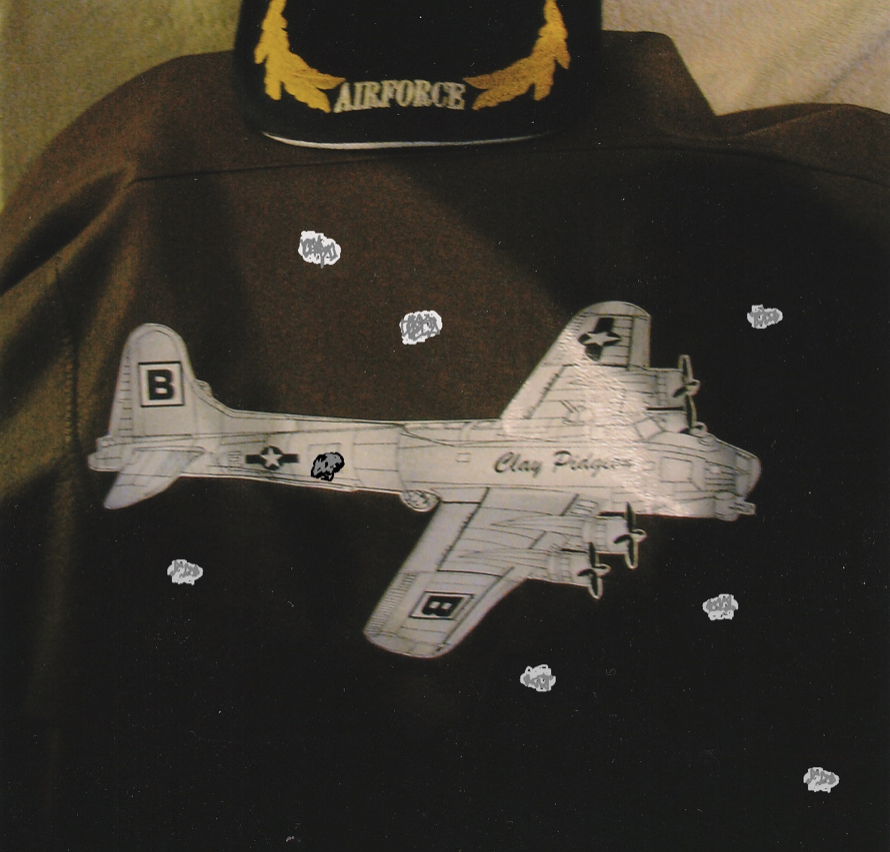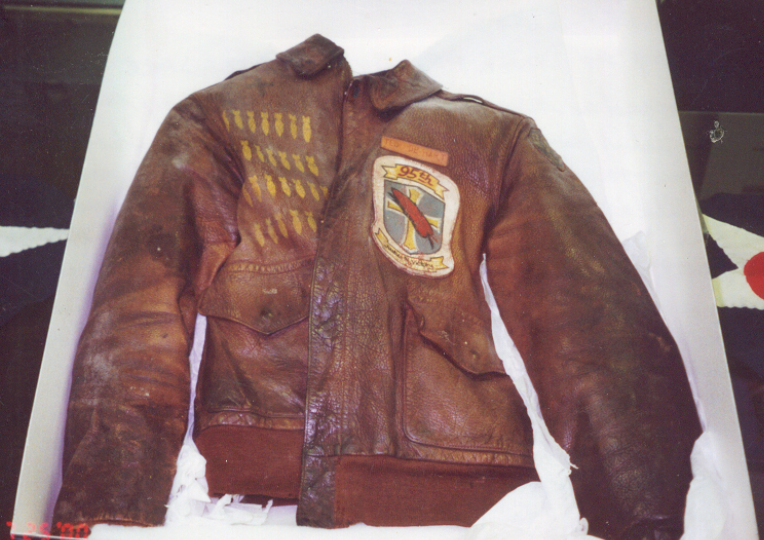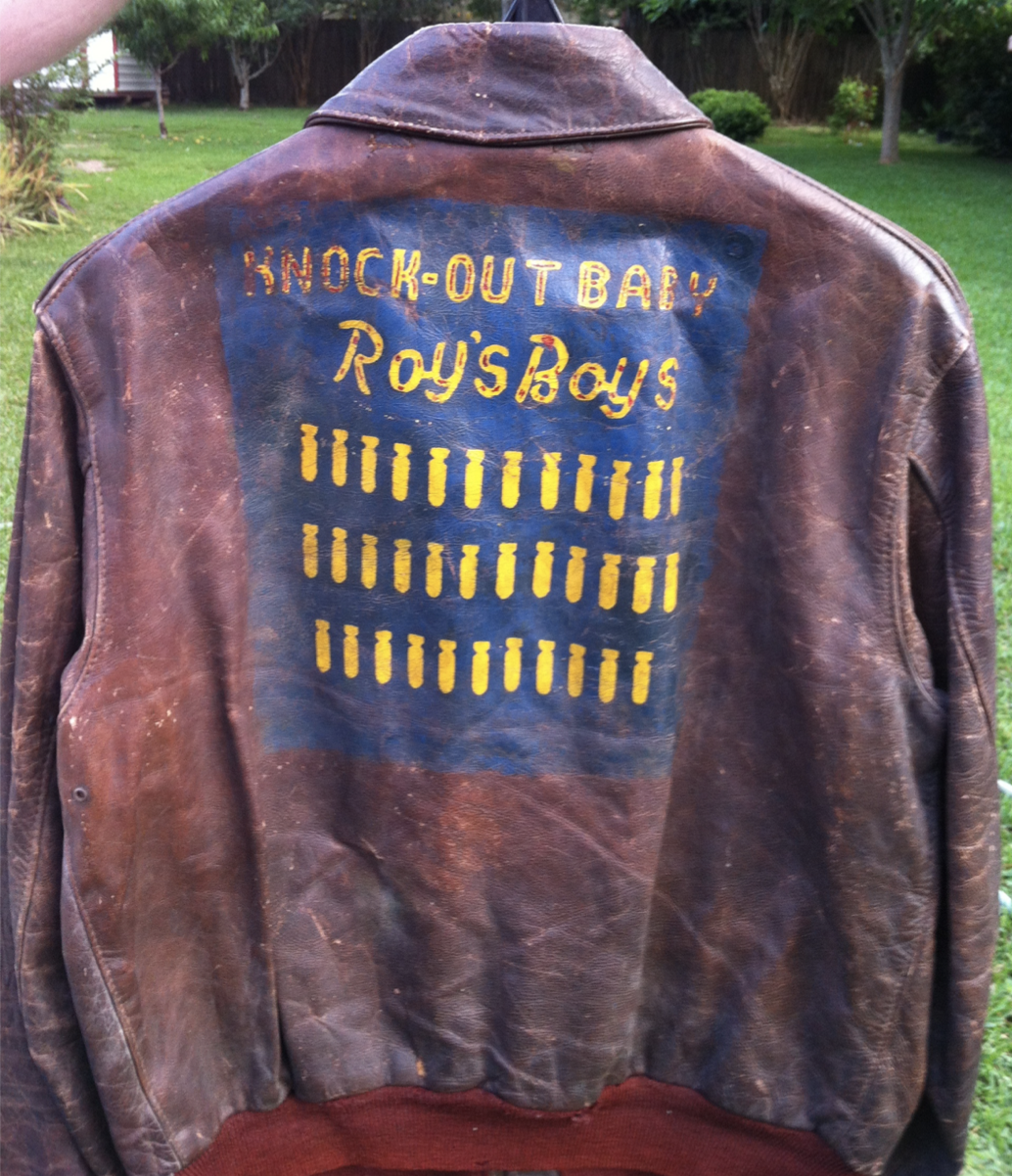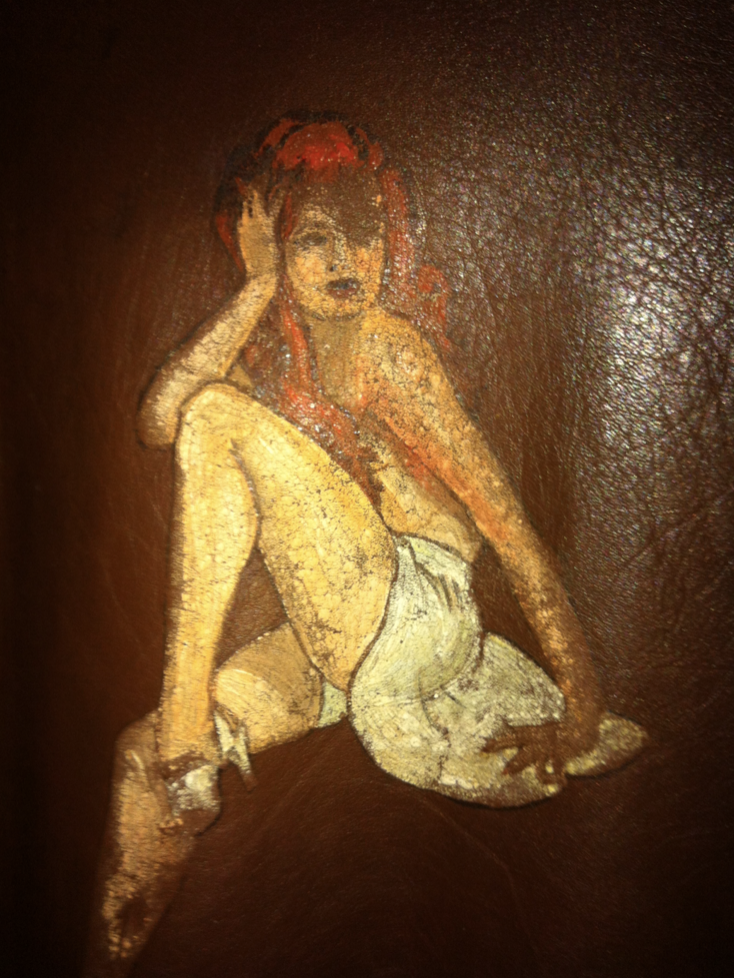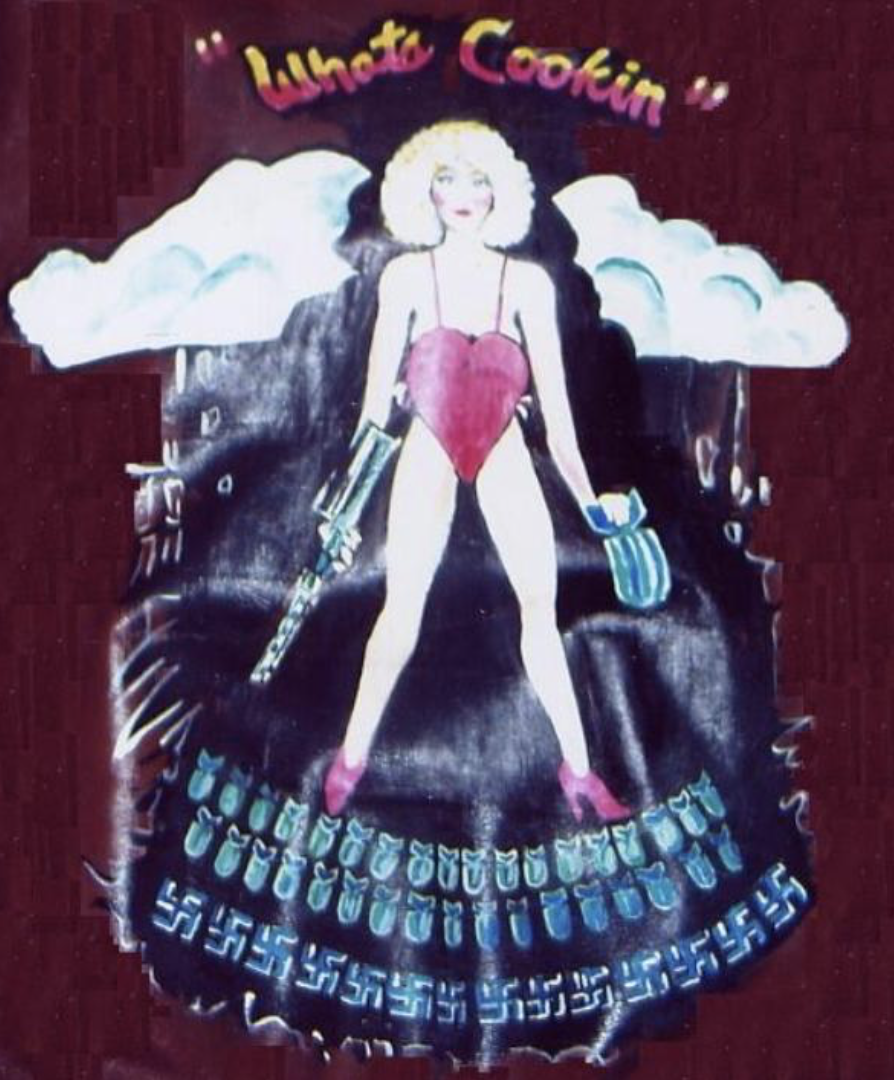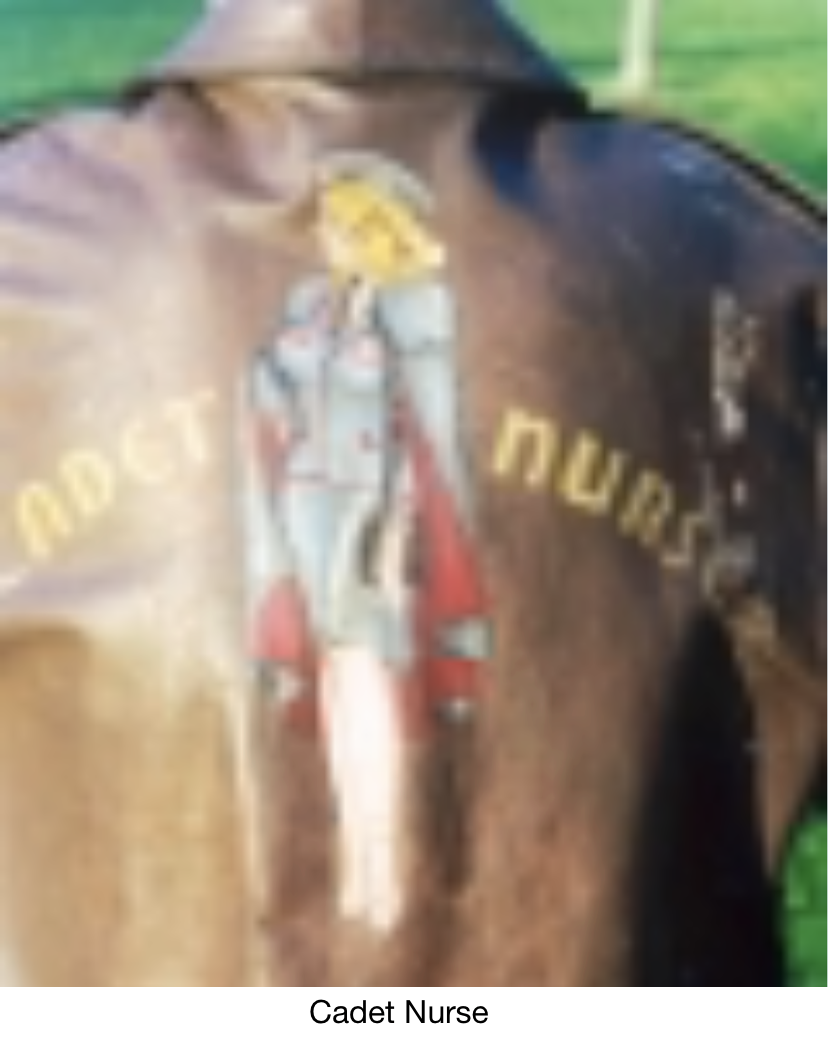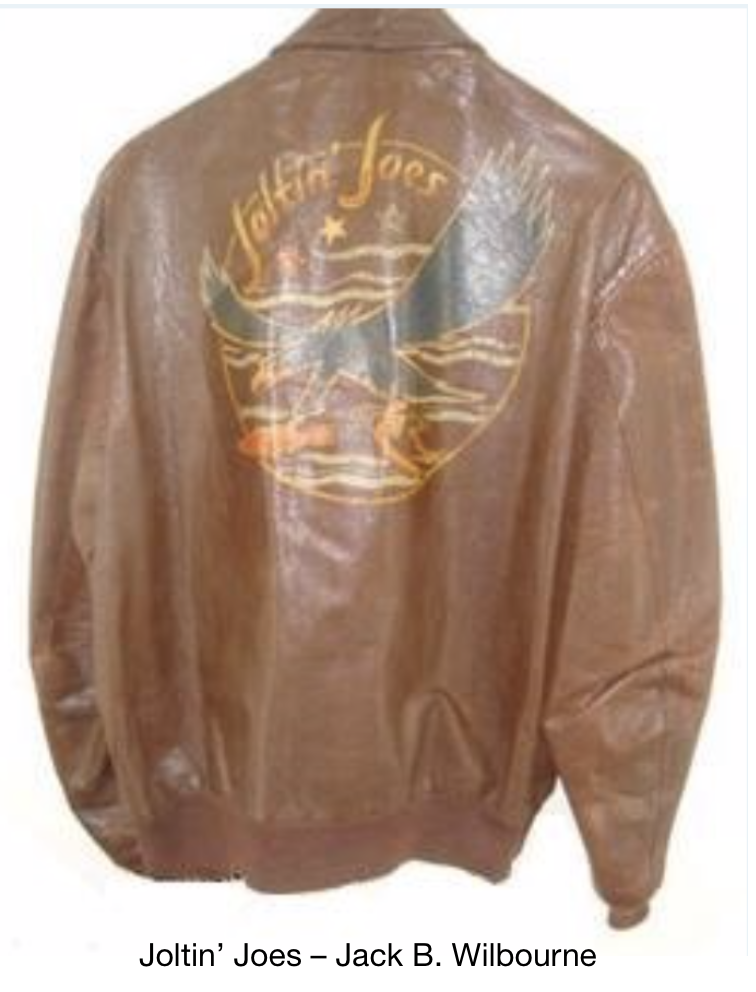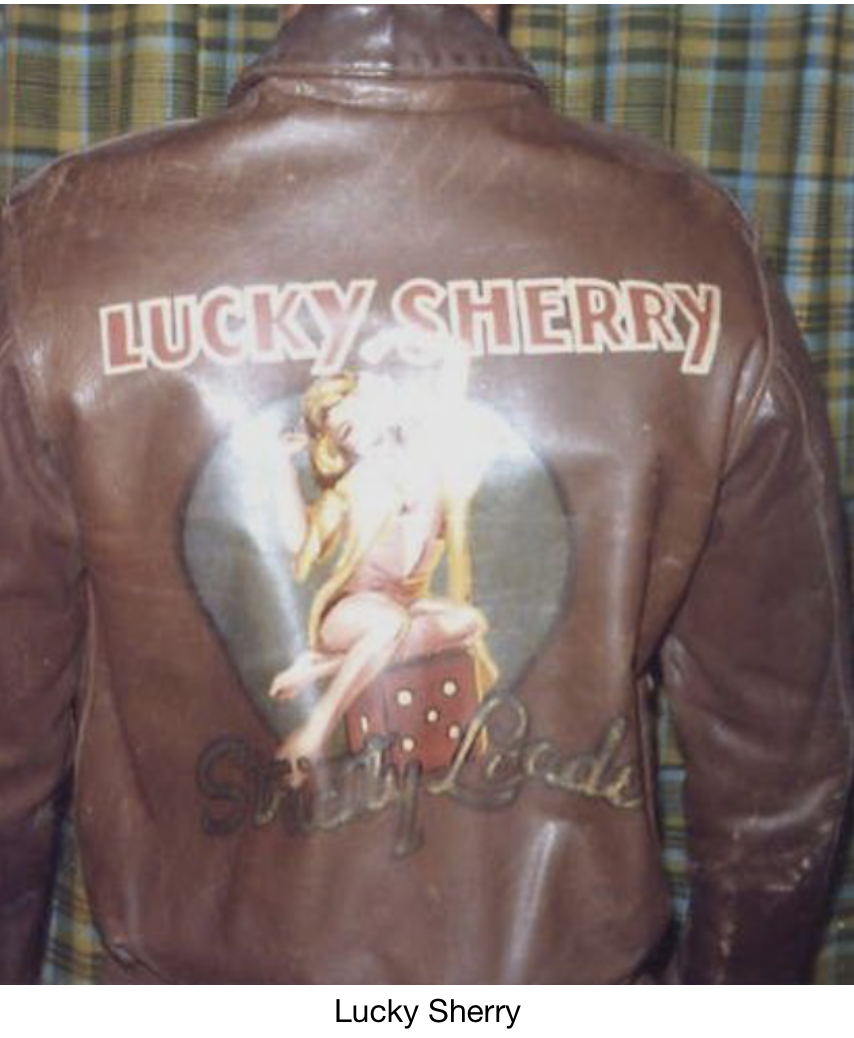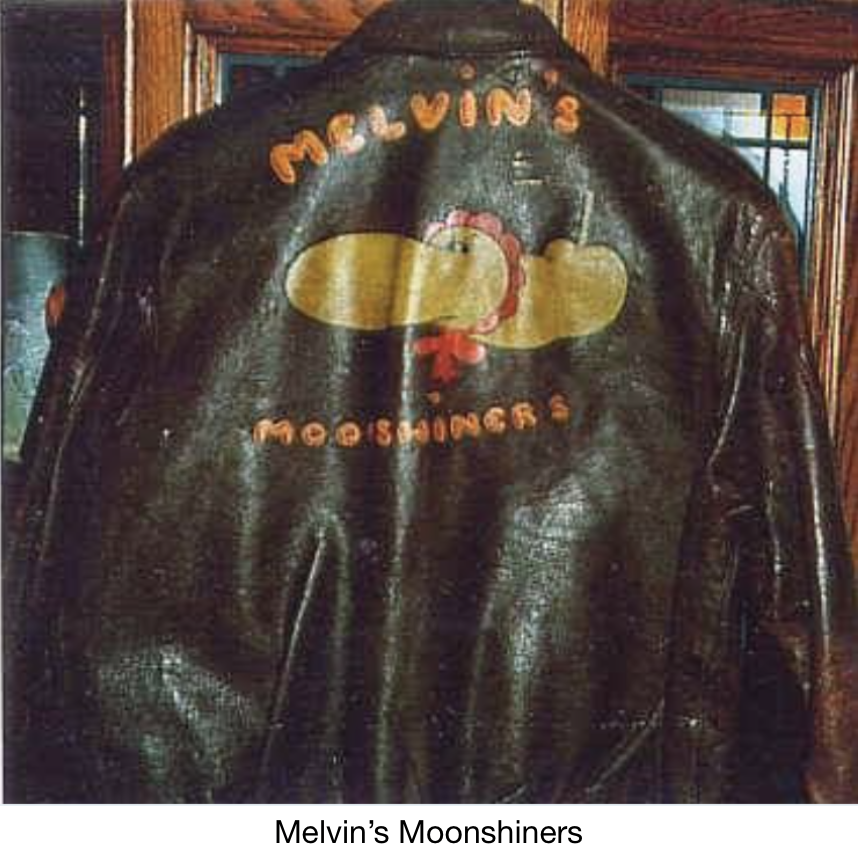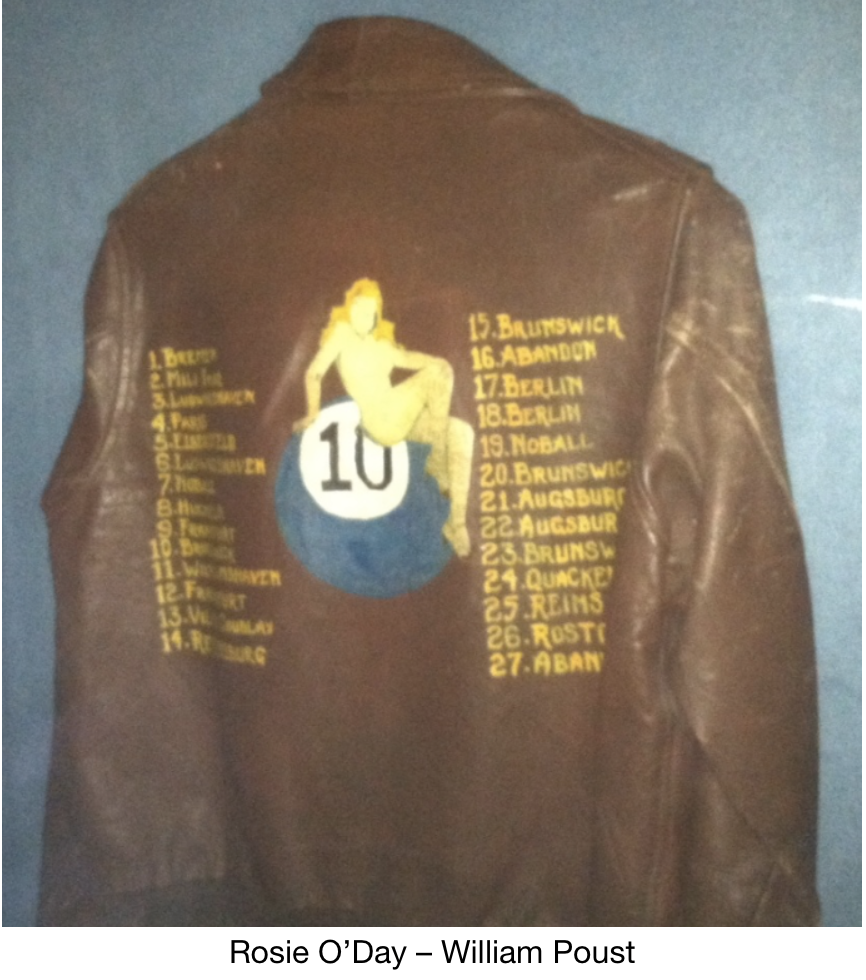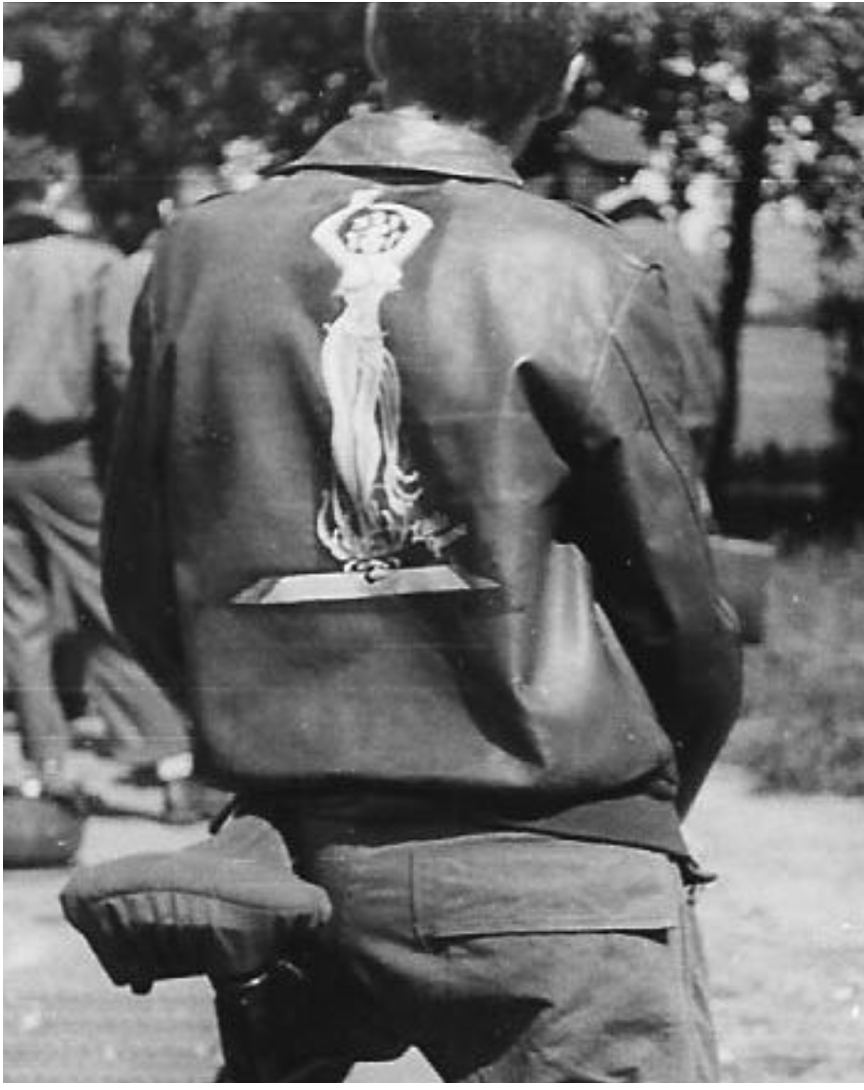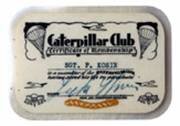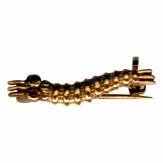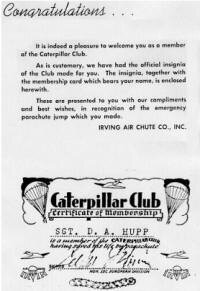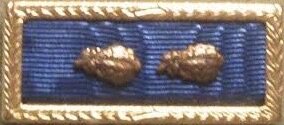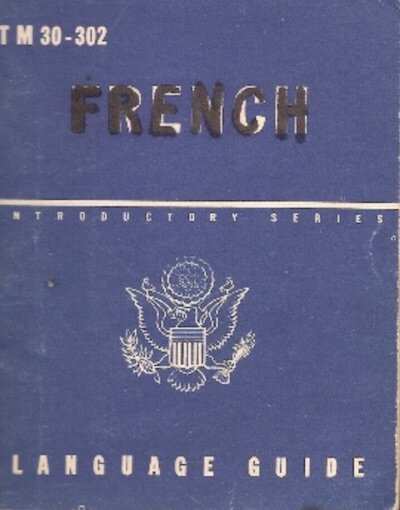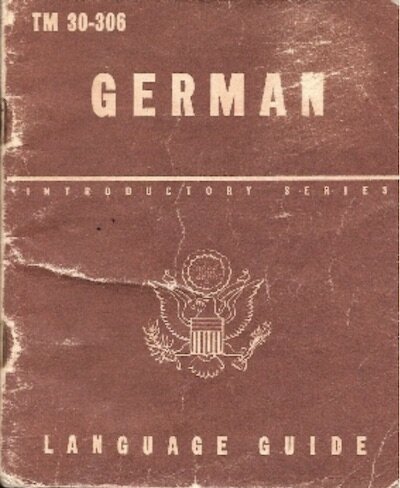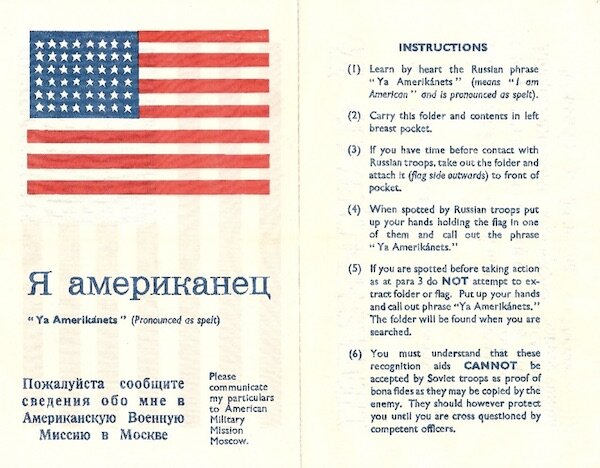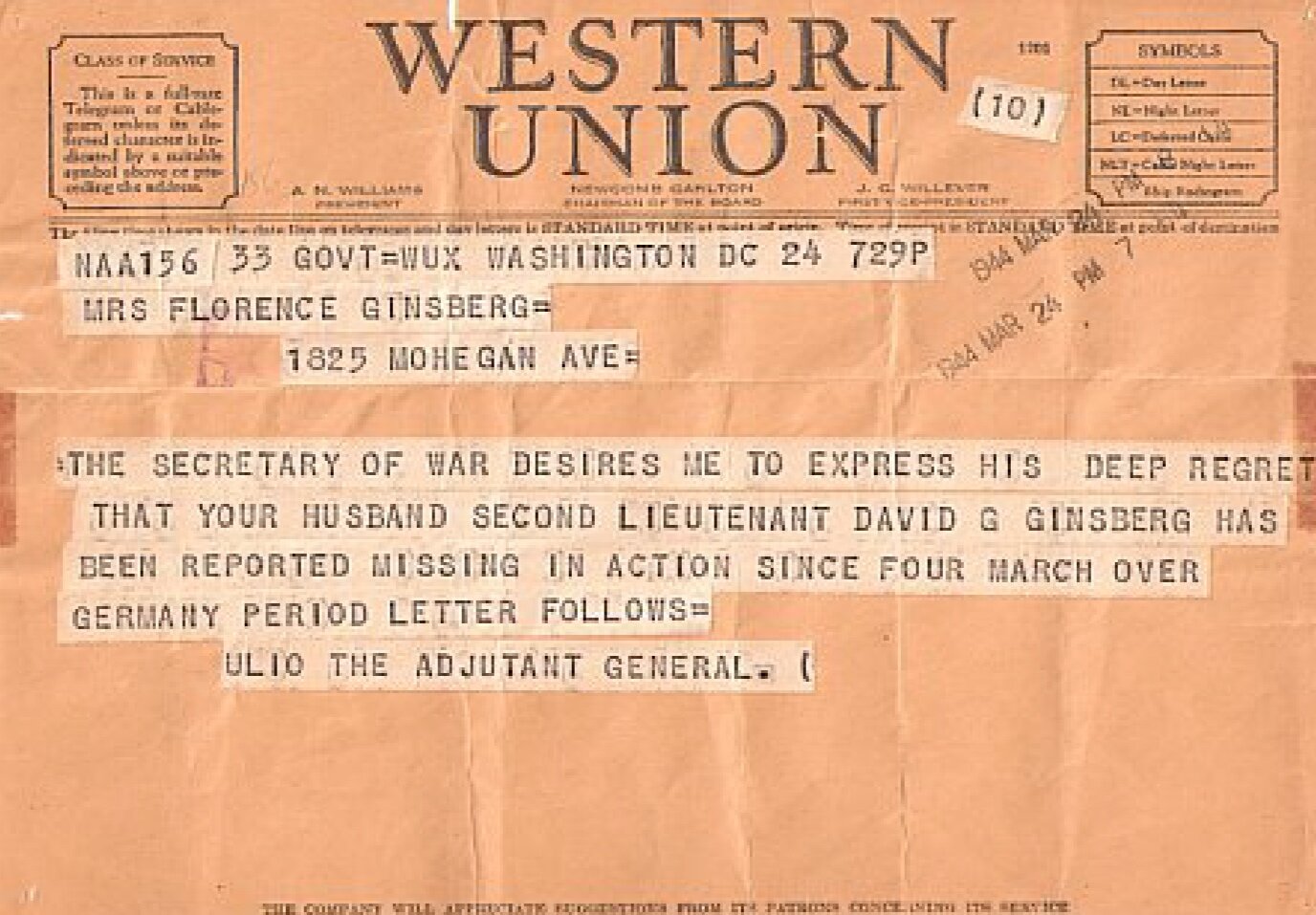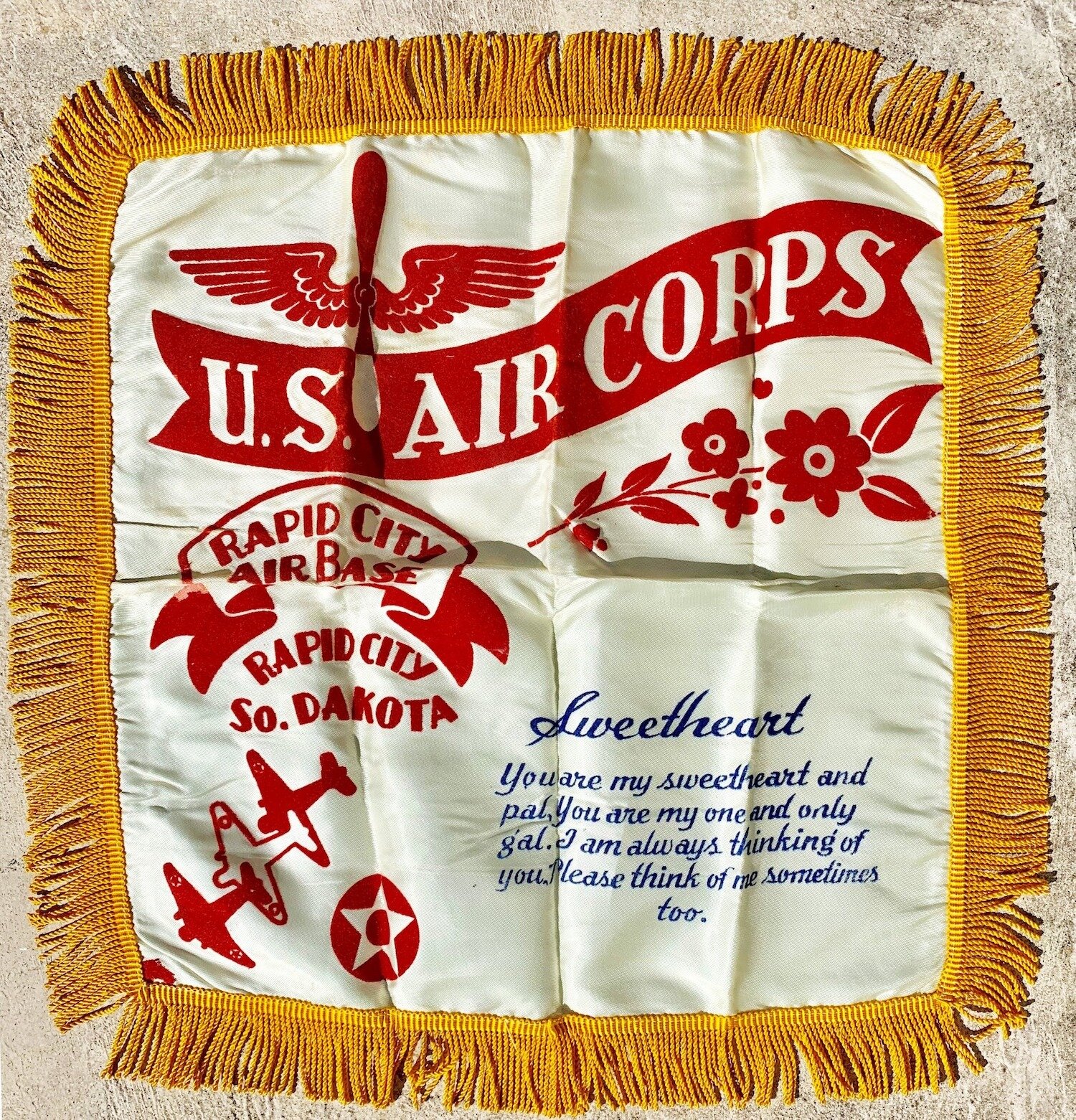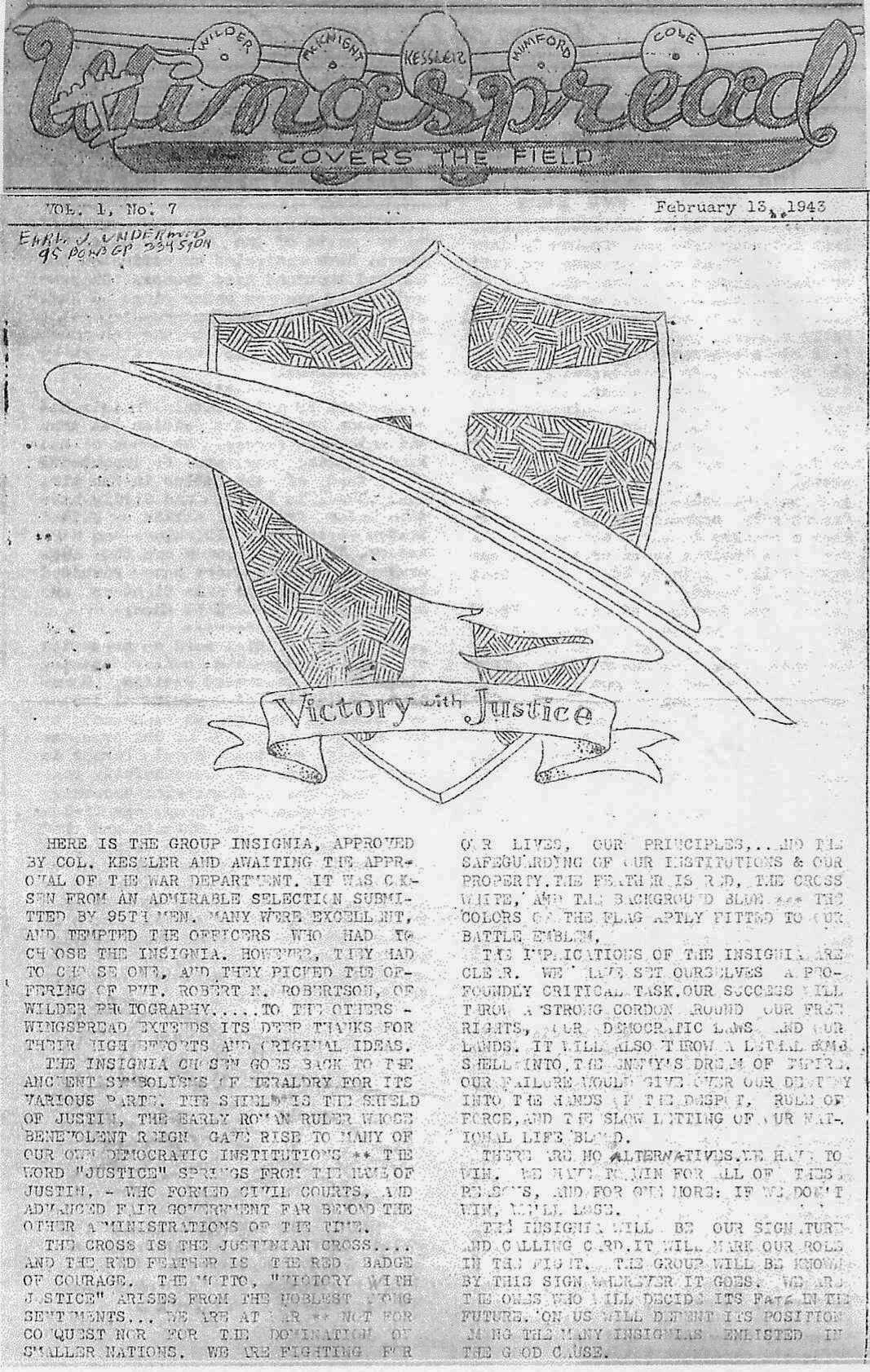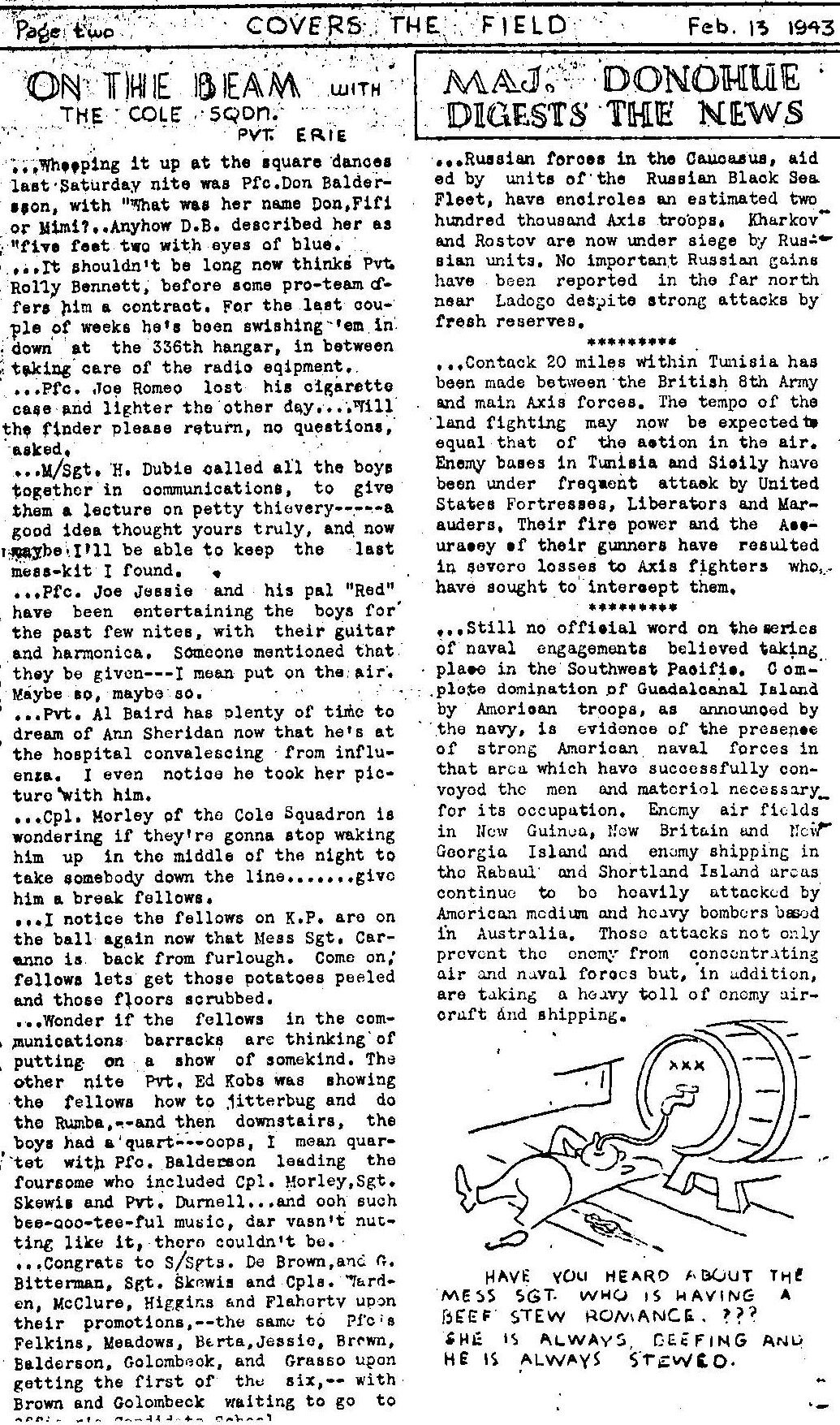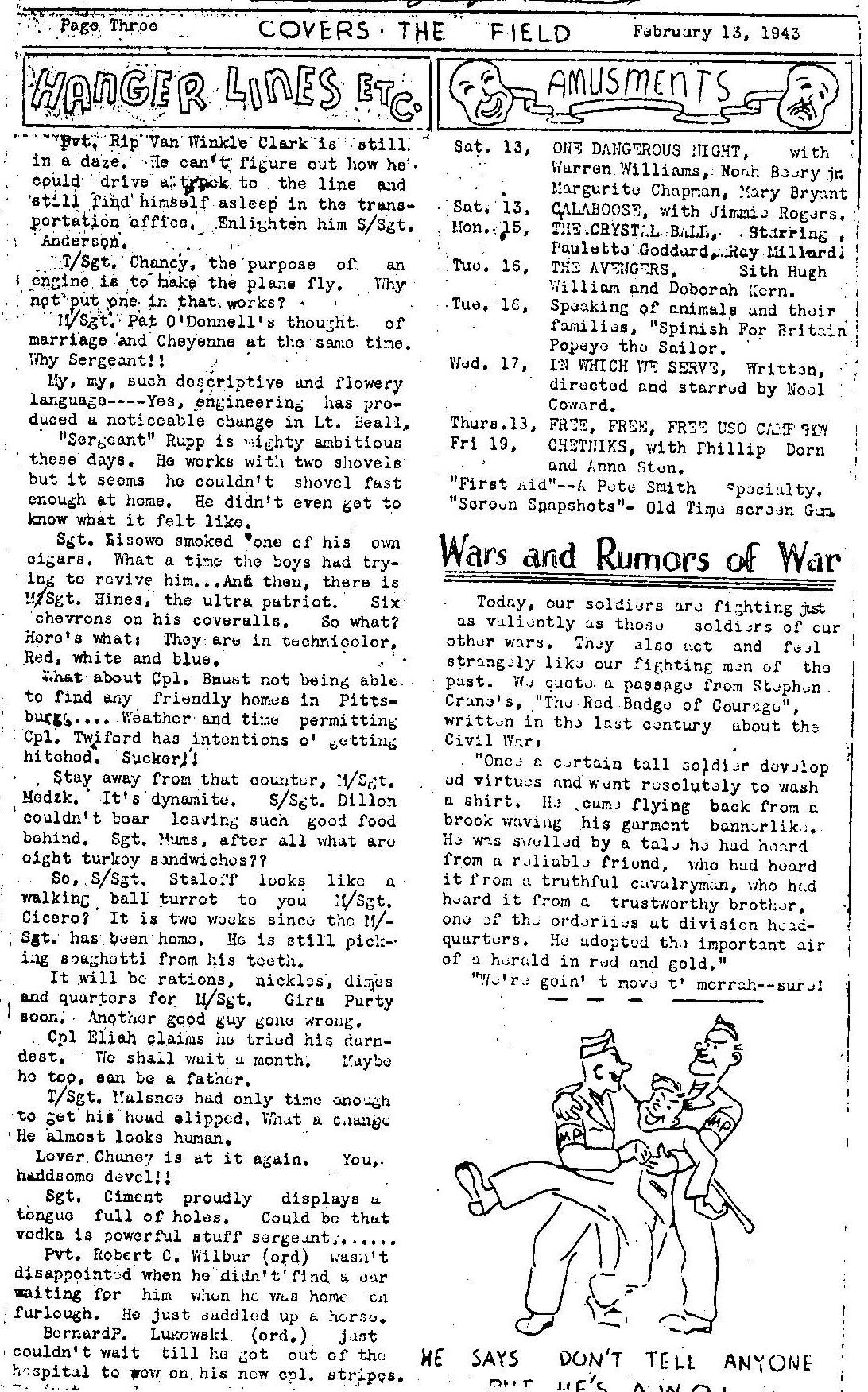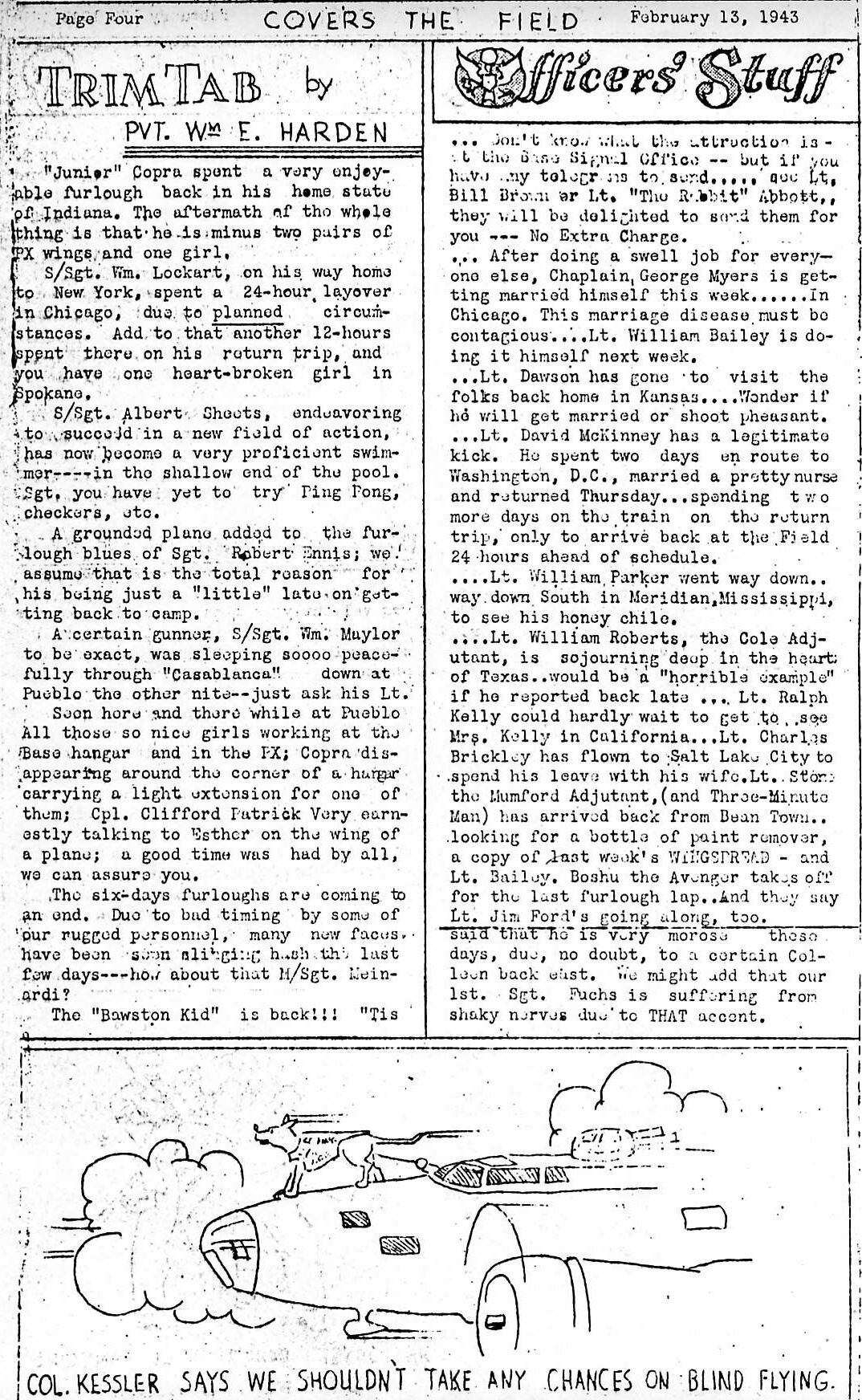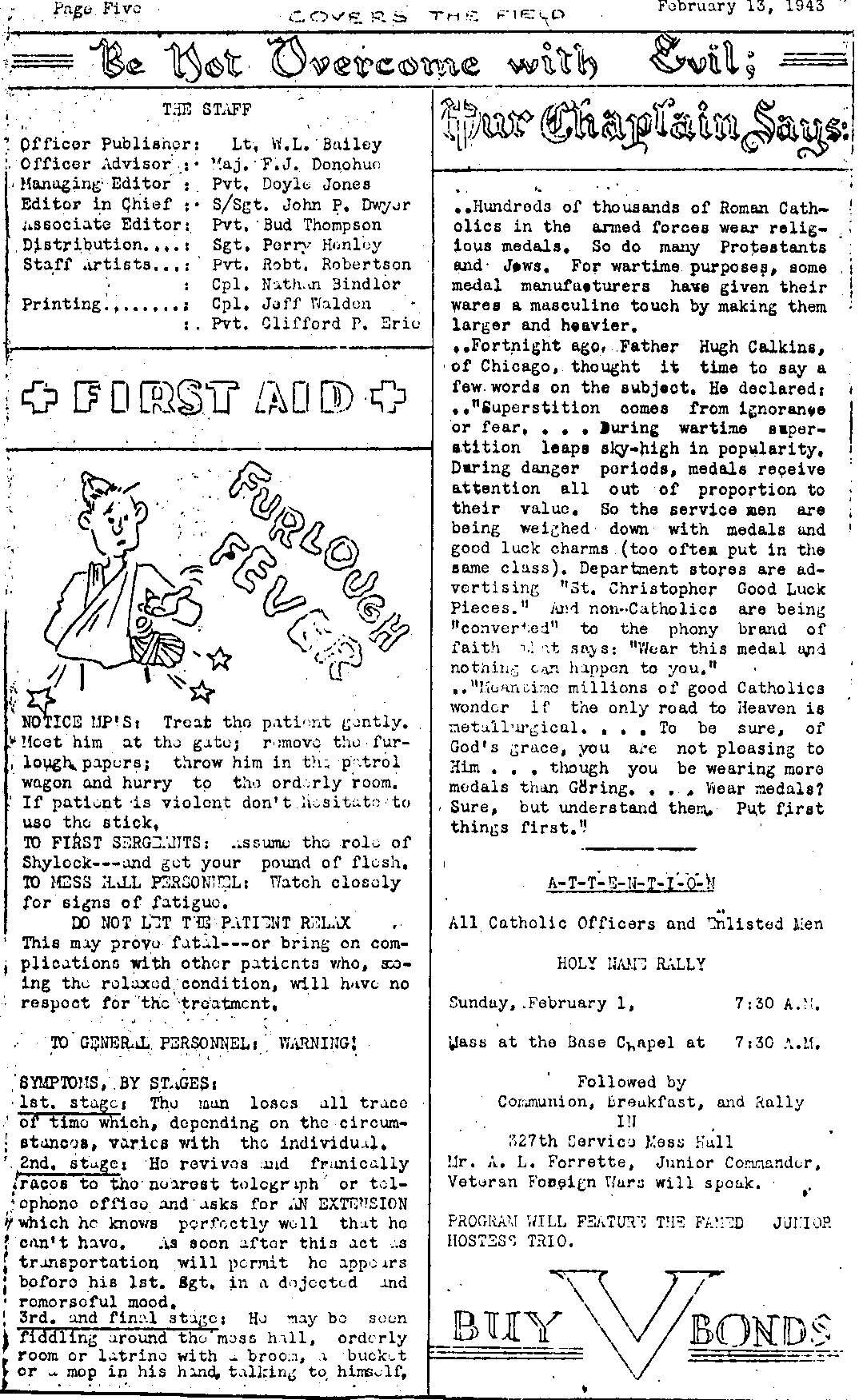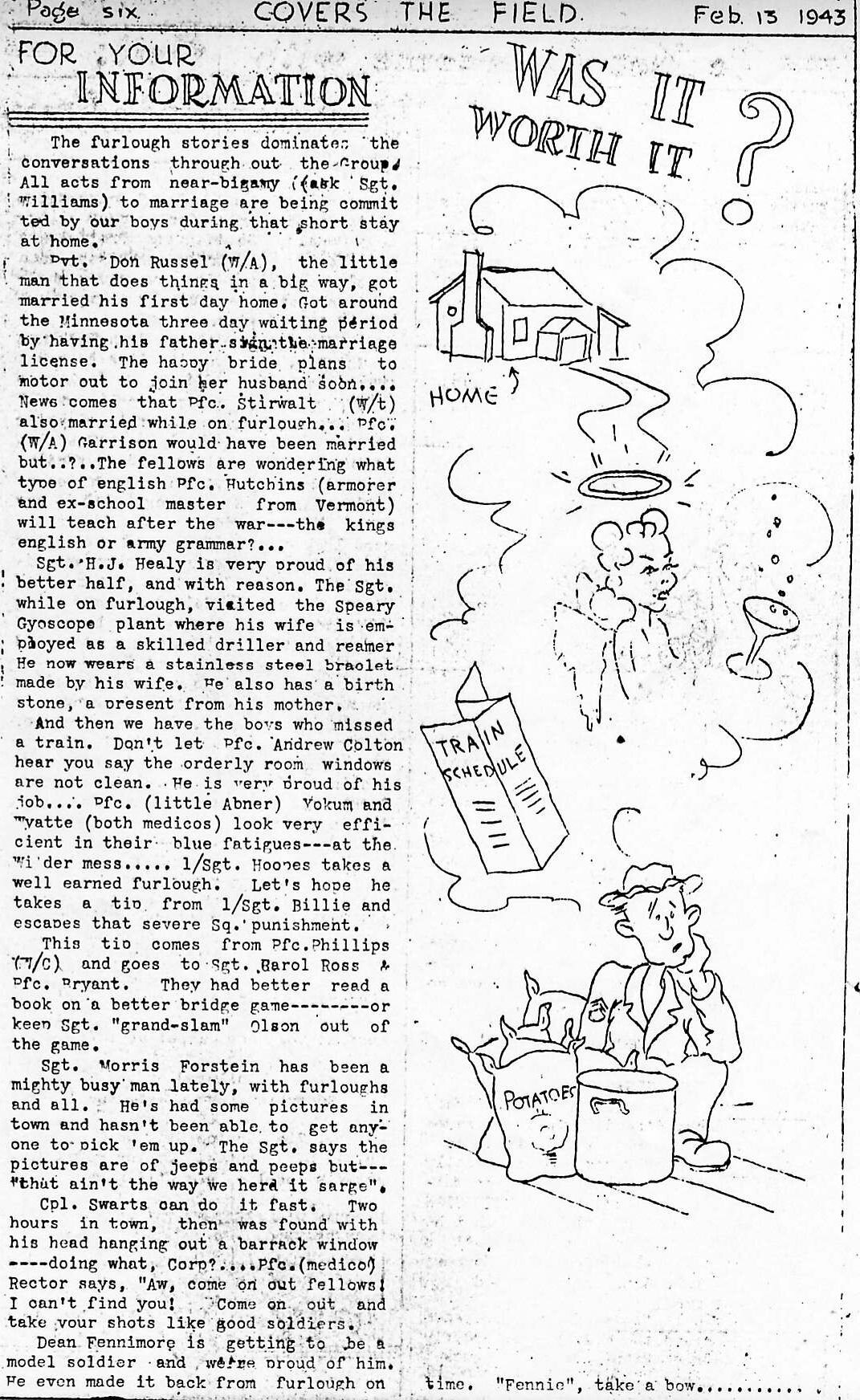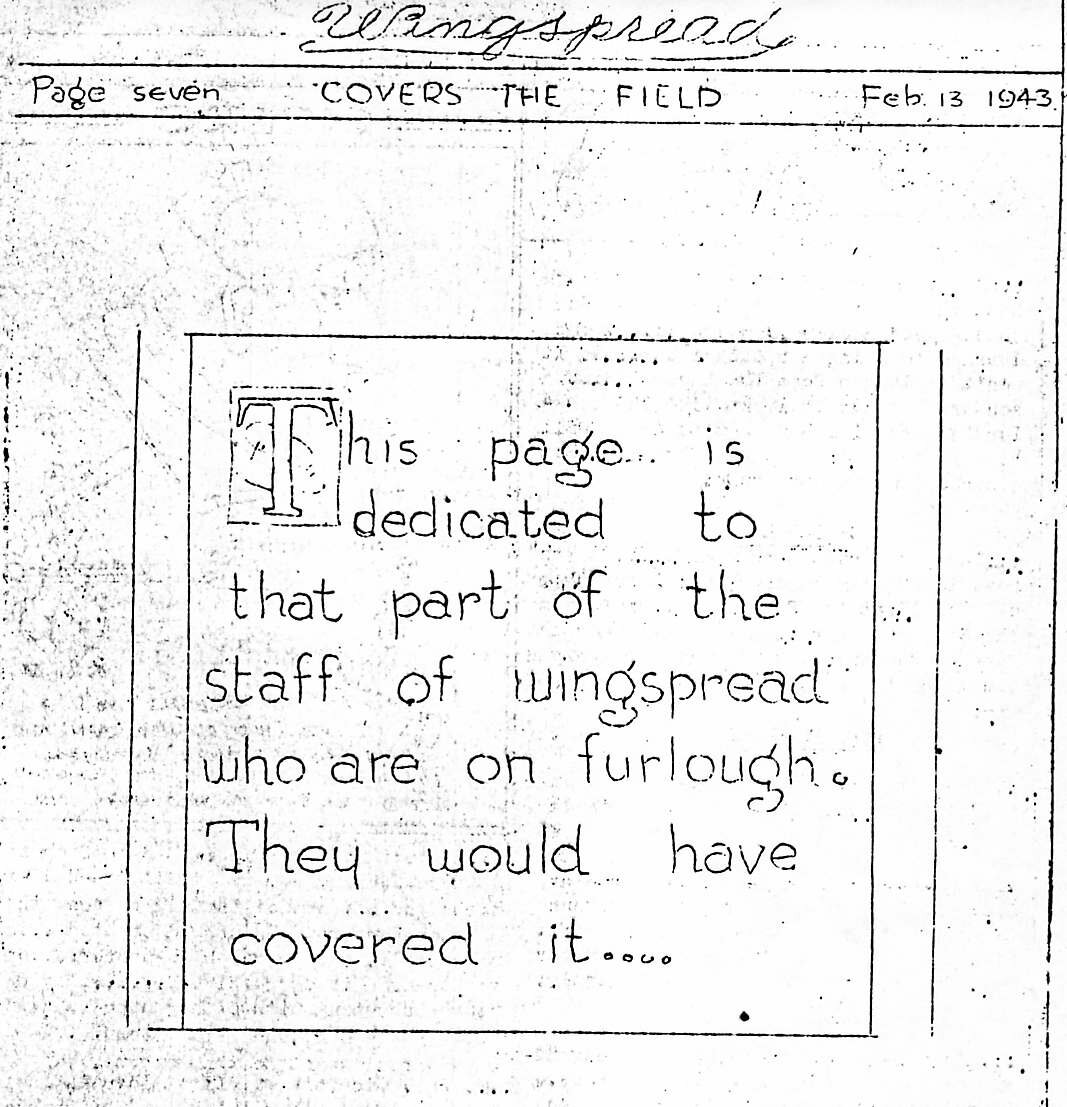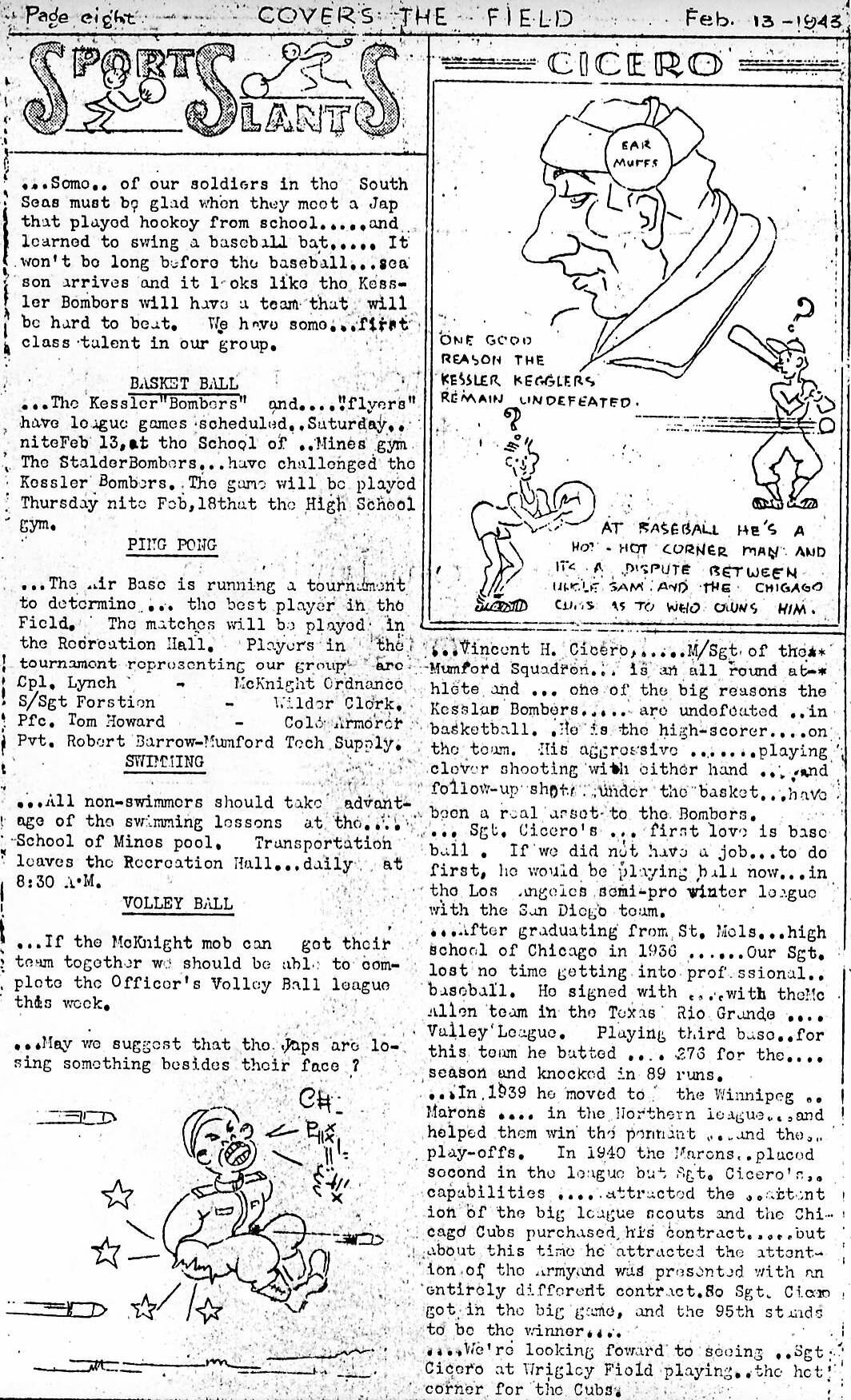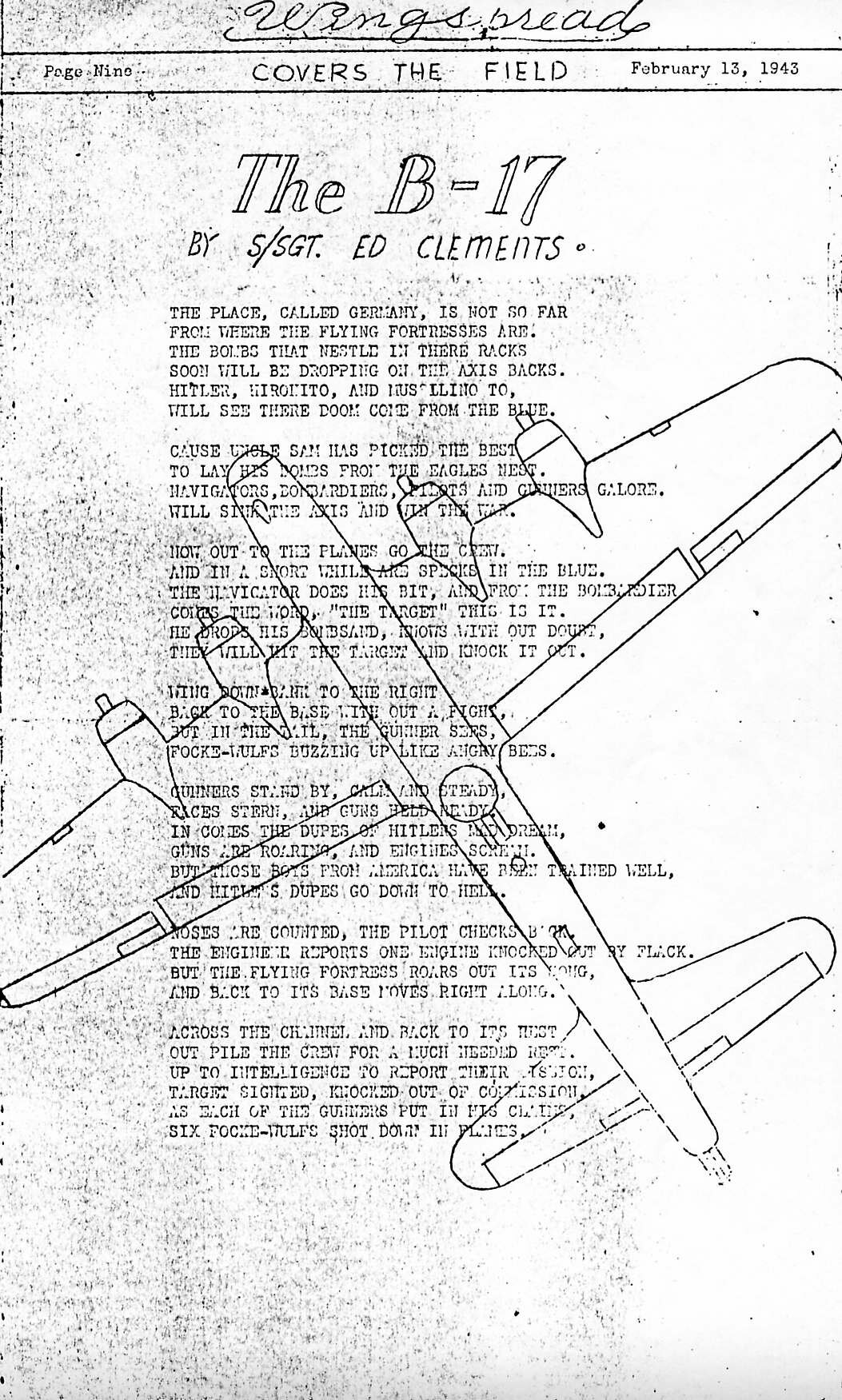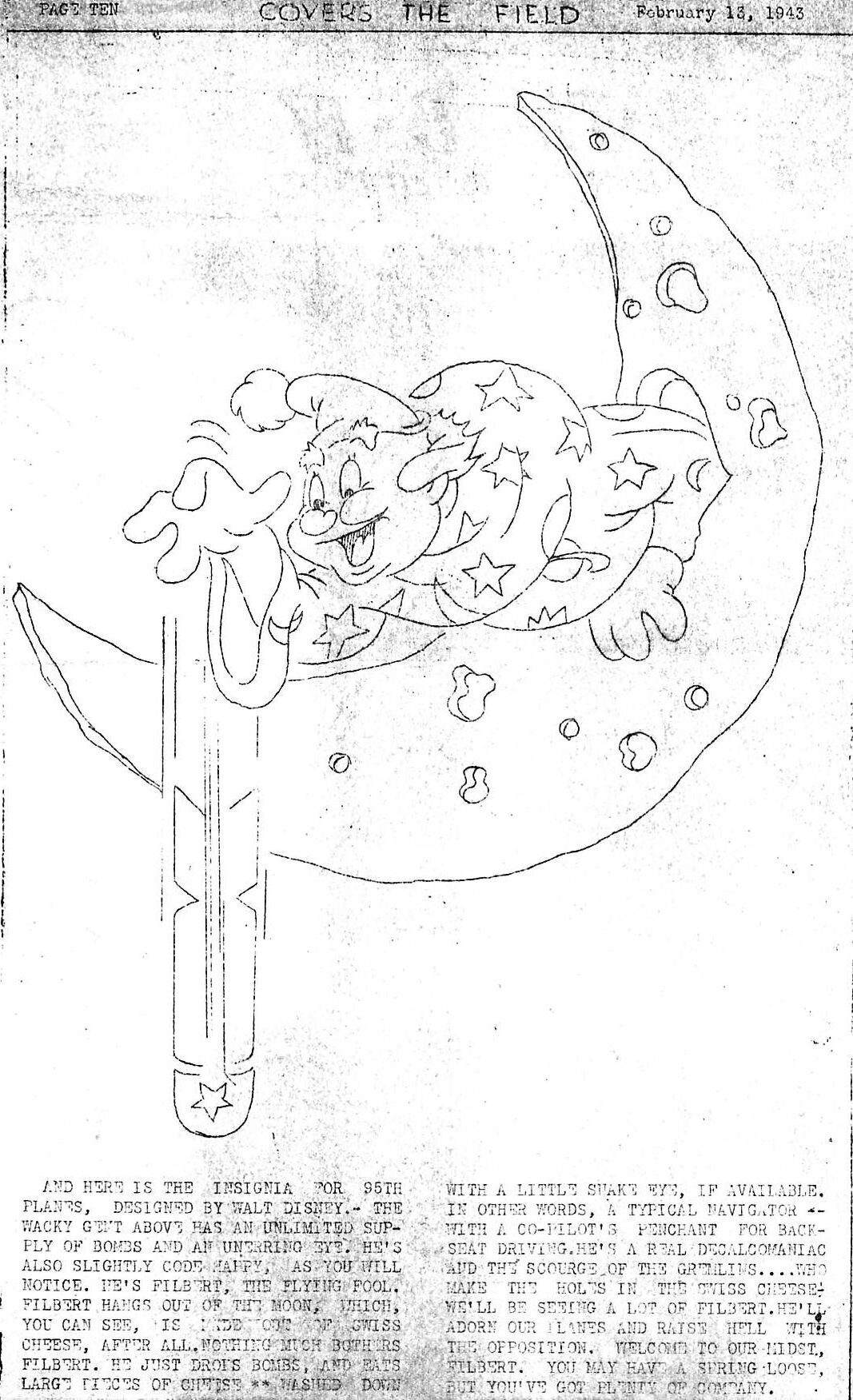Artifacts
A-2 Jackets
Caterpillar Club
The CATERPILLAR CLUB was a very special group. The Irving Parachute Company would give a small caterpillar pin and a Caterpillar Club card to every service man who used one of their parachutes to bail out of a plane and save their life .
Lucky Bastard Club
Given the extreme resistance of the Axis forces, German fighters and heavy flak, it was improbable that any flight participant of a 95th BG mission could escape damage to the aircraft or its crewmen. With no rhyme or reason to determine who completed the missions, it became a matter of fate. When a member of the 95th BG completed their required number of combat missions (sorties), they were automatically made a member of the "Lucky Bastard Club" and received a wallet sized card as proof. This afforded the men special accommodations in the mess hall. More importantly, it meant that they had survived to celebrate the fact that they had "beaten the odds.”
Photo from Russ Askey
Presidential Unit Citation
The 95th Bomb Group was the only group to receive three Presidential Unit Citations (also know as Distinguished Unit Citations) during World War II. A ribbon was awarded for the first citation, and oak leaf clusters for each additional.
Air Medal
The Air Medal was established by the President (FDR) on 11 MAY 1942. This medal was intended to recognize “single acts of achievement to any member of the U.S. Armed Forces who distinguished themselves by heroism, outstanding achievement, or by meritorious service while participating in an aerial flight”.
The medal contains a Bronze "V" which denotes Valor/Heroism. Subsequent awards are denoted by bronze arabic Numerals.
Oak Leaf Clusters were initially used to denote subsequent awards of the Air Medal, but the numbers of additional awards became so great that the OLC's did not fit on the ribbon. As a result, the policy was changed, in September 1968, to require the use of Numerals.
Language Translation
Flyers were provided with language books in the event they had to land in a foreign country. They were also provided with banners written in Russian that identified them as American soldiers. The instructions had them hold up the banner, with the American Flag, and to state that "Ya Amerikanets" (I am American).
Photos courtesy of Mark Barrett, son of Edward D. Barrett.
Telegrams
Unfortunately, many relatives of 95th BG airmen received telegrams informing them of disheartening news regarding their loved ones. 2Lt David G. Ginsberg was shot down on the March 4, 1944 mission to Berlin, Germany. His entire crew became Prisoners of War.
Telegram courtesy of Florence Ginsberg.
Contrails
Originally published in 1945, Contrails is a pictorial history of the 95th Bomb Group. In 2003, Contrails II was published as a supplement to the original Contrails.
Sweetheart Pillow Sham from Rapid City
Wingspread
While in its early stages of its existence, the 95th Bomb Group was stationed in the U.S. getting trained and prepared for U.K. deployment. During this time a periodic newsletter was published with highlights of day-to-day activities. The slideshow below is the February 1943 edition of this newsletter appropriately titled "Wingspread".
This newsletter is courtesy of Earl J. Underwood, 334th BS.

